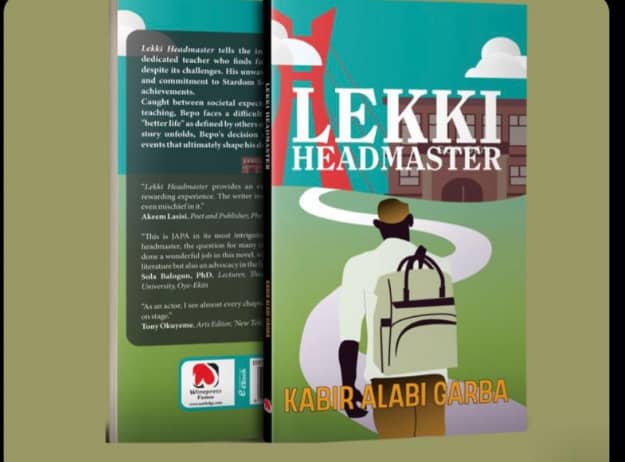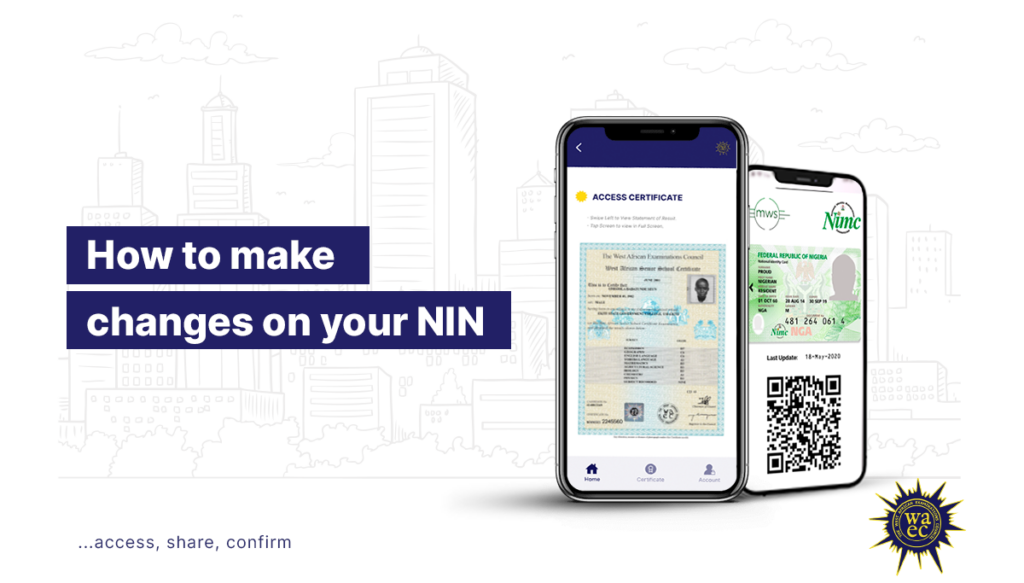“Lekki Headmaster” is a thought-provoking Yoruba novel that delves into the complexities of post-colonial Nigeria. Written by Kabir Alabi Garba, the novel tells the story of a headmaster in a fictional coastal village, exploring themes of leadership, corruption, social justice, and education.
The novel is set in a rural community where the headmaster, the protagonist, is tasked with the responsibility of leading a school. However, he soon finds himself entangled in the complex web of politics, corruption, and social expectations that define his environment. As he navigates these challenges, the headmaster must balance his professional duties with the demands of his community, all while maintaining his integrity and sense of purpose.
Through the headmaster’s experiences, the novel sheds light on the educational struggles and governance issues that plagued post-colonial Nigeria. The author masterfully weaves together a narrative that is both a commentary on the societal ills of the time and a testament to the resilience and resourcefulness of ordinary people.
One of the novel’s greatest strengths is its use of satire, humor, and irony to critique the greed, dishonesty, and corruption that pervade the society. The author’s clever use of these literary devices allows him to tackle sensitive topics in a way that is both thought-provoking and entertaining.
The novel is also notable for its rich use of Yoruba proverbs and cultural expressions. The author’s mastery of language and his deep understanding of indigenous storytelling traditions are evident throughout the narrative, adding depth, authenticity, and cultural context to the story.
Furthermore, the novel explores the complexities of leadership and the challenges of effecting positive change in a society plagued by corruption and social injustice. The headmaster’s struggles to balance his personal values with the demands of his position serve as a powerful commentary on the difficulties of leadership and the importance of integrity and moral courage.
In addition, the novel highlights the importance of education as a tool for social mobility and personal empowerment. The headmaster’s commitment to providing quality education to his students serves as a testament to the transformative power of education and the impact it can have on individuals and communities.
Overall, “Lekki Headmaster” is a compelling and thought-provoking novel that offers valuable insights into Nigeria’s educational and governance systems. With its rich use of language, clever use of satire and irony, and nuanced exploration of complex themes, the novel is a must-read for anyone interested in Nigerian literature, culture, and society.


